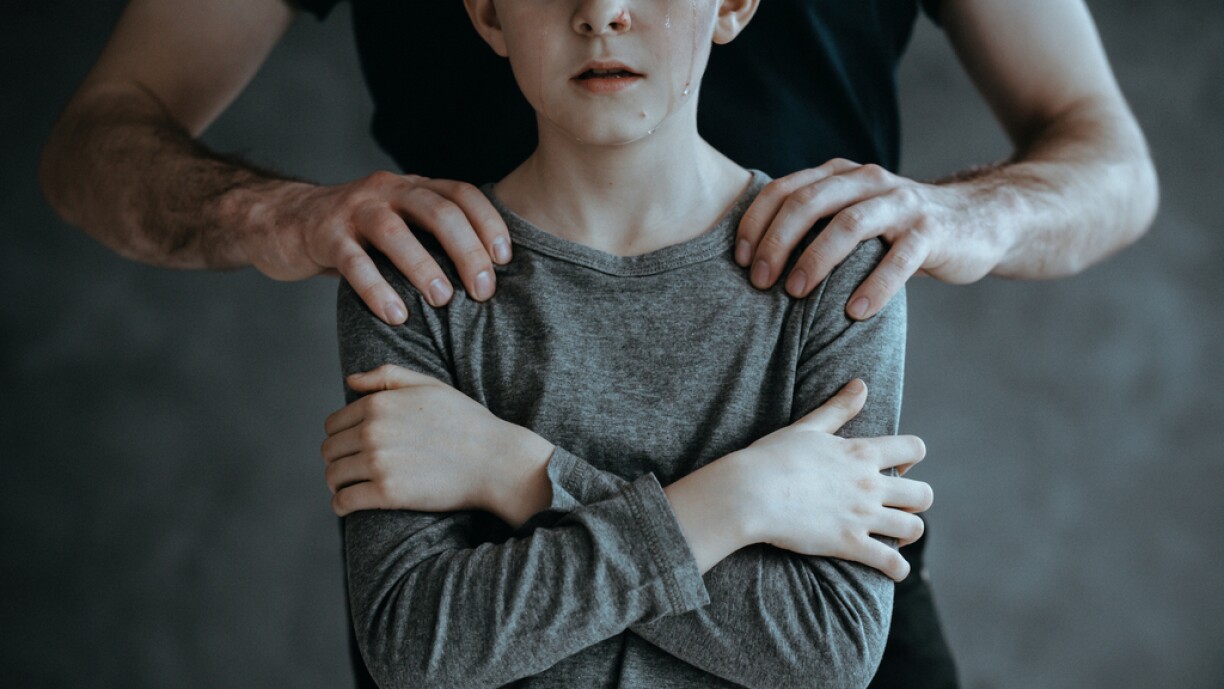
The issue is complex, says the Luxembourgish Association of Social Paediatricians (Alupse). But what can children and teenagers do in cases of sexual abuse? To whom should they turn? How can friends and relatives help and which signals can point towards a problem?
Our colleagues from RTL discussed the issues with the Alupse team and sought to provide answers for the most pressing questions.
Victims should confide in an adult. This can be a parent, another relative, or a professional such as a teacher or member of the Psycho-social and School Support Service (SePAS).
Important is that the victim trusts this person. If the child or youth is not yet ready for this step, then there is also the possibility of calling the Children and Youth Helpline., which is free of charge and can be done anonymously. The helpline has both phone and chat options and also offers support and counselling in English.
The most important thing here is to listen to the victim. One should let children finish speaking, take their statements seriously, and support them.
It is also highly important not to judge and control one’s own emotions. If the child realises that their story affects an adult too much, they might no longer consider them a form of support and retract their statements.
Another point is not to overburden a victim with endless questions at first since this might put too much pressure on a child. They should be allowed to take their time before coming forward with information.
If a victim confides in an adult, the latter is compelled to report the case. One is then usually put in contact with the children’s hospital so that potential injuries can be documented. This data is of great importance in later investigations. The children’s hospital will also alert the police in case this has not yet been done.
The adult should explain to the affected child why all these steps matter. The priority is to protect the victim and prevent further abuses.
There are a number of organisations to which adults can turn, including Alupse.
In 2022, they were alerted to close to 60 instances of sexual abuse of a minor, which make up the majority of their cases. They are considered a priority by the Association of Social Paediatricians.
In most cases, parents are the ones to contact Alupse and the Association tries involving them in the further process as early as possible. It is then important to find out what the victim needs the most at that moment. This can be both medical and psychological support.
Minors that have become a victim of sexual abuse are often afraid to talk about it, which might be due to a false sense of shame or simply not knowing that the behaviour of the perpetrator is wrong.
In case of a suspicion, adults should try to talk to the child or youth and discretely raise the issue. It is important to ask open questions with children in particular.
If, for instance, a child reports something suspicious or motions sexual acts between adults, one should ask what they mean and how they encountered this. One should not immediately offer one’s own interpretation to the child.
Physical injuries can often be identified through blood-stained underwear. However, Alupse also stresses that soft and minor touches leave no traces.
People should be attentive to the following things:
These are only some of the factors. But, important to note that they do not necessarily point towards an abuse, there can be many different reasons for some of the aforementioned behaviours to occur.
It should also be noted that in general, every case is different. Children react differently and can show different signs. Sometimes it can be more productive to consult a paediatrician or children’s psychologist. Rushed decisions might end up having a discouraging effect.
Not every perpetrator ends up being convicted. Even if all steps were taken and a child medically examined, it still regularly happens that a perpetrator is not found guilty. This often comes down to a lack of evidence or witnesses.
This can be difficult to process for victims and their families. It is therefore important to be transparent with a victim from the beginning, say Alupse team members.
Victims and their families can contact the Victims’ Help Services in case of legal questions.
Sexual education is important as it helps children understand that they are in charge of their own bodies. Children should learn early on that not everyone is allowed to touch them anywhere they want.
An open sexual education helps children recognise limits.
Link: violence.lu
Kanner-Jugendtelefon: Listening helps - in times of crises and always